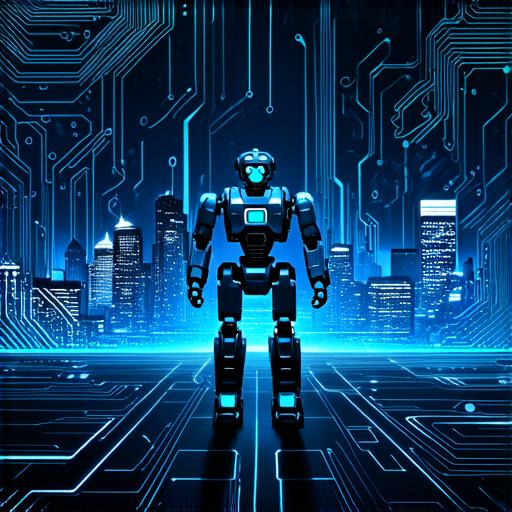The Rise of AI in Software Development
AI has already begun to make a significant impact on software development. From natural language processing (NLP) to machine learning (ML), these technologies are being used increasingly to automate tasks that were once performed by humans.
For example, chatbots and virtual assistants use NLP to understand and respond to user queries, while recommendation engines use ML to suggest products or services based on user preferences.
In addition to automating certain tasks, AI is also being used to enhance the development process itself. For example, code analysis tools powered by ML can help developers identify bugs and optimize their code more efficiently. Similarly, AI-powered design tools can generate complex user interfaces automatically, saving developers time and effort.
The Case for Human Developers
While AI is undoubtedly making some aspects of software development easier, there are still many tasks that require human intervention. For example, creativity and problem-solving skills are essential for developing innovative software solutions. These skills cannot be replicated by machines, no matter how advanced they become.
Furthermore, software development often involves working with complex systems and technologies that require a deep understanding of programming languages and best practices. While AI can assist with some aspects of this work, it is unlikely to replace the need for human developers entirely.
The Impact on the Industry
If AI does become more prevalent in software development, what impact will this have on the industry as a whole? One potential consequence is that the demand for software developers may decrease, leading to job losses and increased competition in the market. However, it’s also possible that new roles will emerge as developers learn to work alongside AI tools and systems.
Another possibility is that AI will enable companies to develop software more quickly and efficiently, leading to greater innovation and productivity. This could have a significant impact on industries such as healthcare, finance, and transportation, where software plays a critical role in decision-making and operations.
Case Studies
1. IBM Watson Health
IBM Watson Health is using AI to help healthcare providers diagnose and treat patients more effectively. By analyzing large amounts of medical data, Watson can identify patterns and make recommendations for treatment based on the patient’s specific needs. This has already led to improved outcomes in areas such as cancer diagnosis and treatment planning.
2. Uber
Uber is using AI to optimize its ride-sharing service. By analyzing data from millions of riders and drivers, Uber can identify patterns and make adjustments to pricing and routing in real-time. This has helped the company become more efficient and profitable, while also improving the customer experience.
The Future of Software Development
While it’s clear that AI is undoubtedly making some aspects of software development easier, it’s unlikely to replace human developers entirely. Instead, it’s likely that humans and AI will continue to work together to develop software solutions. As AI becomes more advanced, it will be able to take on more of the mundane and repetitive tasks involved in development, freeing up developers to focus on more creative and challenging projects.
Summary
In conclusion, while AI is undoubtedly making some aspects of software development easier, it’s unlikely to replace human developers entirely.
